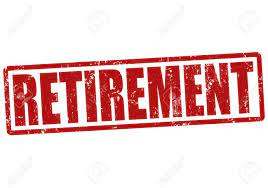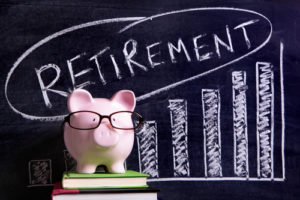 By Mark Venning, ChangeRangers.com
By Mark Venning, ChangeRangers.com
If you slid into your virtual bookshop to look for a book on the subject of Retirement, where would you begin? A keyword search would likely begin with the phrase “books on retirement” and …
Kaboom! An explosion of titles appear. Depending on your mindset, where your thinking was at a given moment, what triggering event gave rise to a conversation, you would gravitate to where? Titles such as The New Retirementality – Redefining Retirement: New Realities for Boomer Women– How to Retire Happy, Wild, and Free – Purposeful Retirement – What Retirees Want. Only a slice of texts on an almost endless bookshelf, which began to expand after 2004.
In the year 2001, while working as a consultant at a career services firm, (aka Career Transition/Outplacement), a managing partner asked me to deliver a Retirement program. For the first time since the late 1980’s, a corporate client suddenly requested a set of workshops for their employees approaching what they prescribed as retirement age. When I looked through the thick Retirement binder with its referenced reading resources, I ached in the head after what I read.
Sparing the colourful expletives, my response to the managing partner the next day was that I needed to re-design the whole thing before I dared to set foot inside that corporate boardroom. We needed to not only be contemporary, but we also had to be futuristic, to constantly respond to changing attitudes on what I then described as later life journeys as opposed to Retirement. The trouble was it would all seem too cryptic, too ethereal in concept unless I spoke of Retirement.
In prep for the Retirement re-design, I scoured bookshelves to see what new thinking was prevailing at the time and, to my disappointment, there wasn’t much that ground breaking. Much of the material was from the mid to late 1990’s. When you walked into a bookshop, you would find these “Retirement” books in the Business section, likely under the sub shelf “Financial Planning.” The issue with many of these was that specific references became quickly time stamped “out of date.”
Scouting out the extravaganza of Retirement books
While still shelving Retirement books in the Business section, they are usually broken into two categories – Financial Planning and Lifestyle Planning, you may wander into the Careers section – Retire Retirement: Career Strategies for the Boomer Generation for example. With luck, visit Self Help (DIY retirement is a thing). One recommended book I found sits in the Christian Living section. Try fiction! Yes, there are those too; and no doubt, somewhere out there is a Boomer Retirement book club discussing the latest find.
Over my twenty years of scouting out the extravaganza of Retirement books there have been a few peaks in inspired writing and in some cases the writing, aimed at a corporate audience, advised on how organizations should be prepared to “survive the graying of the workforce” and be ready for the “looming wave of Boomer retirements.” Yet there is a trip wire here.
A funny thing happened on the road to Retirement. Where I live, in Ontario Canada, even with the provincial government prohibition of mandatory retirement (with the odd exception) in 2006 there continue to be sinister ways Retirement conversations with employees occur in the workplace. Continue Reading…





